I’ve been making the end of 2024 and the start of 2025 all about my hips. No, I’m not channeling my inner Shakira, I’m talking about internal hip rotation…obviously. Sure, mobility isn't that sexy, but it's very necessary if you want to improve squat depth, range of motion and lower body mobility.
Many exercises can improve your ability to internally rotate your hips, but more on that, and the benefits, later. Lately, I’ve been adding the hip sleeper stretch to my warm-up routines to help open my hips. I’ve been spending roughly three minutes per side a day on the exercise for several weeks, and already I’m feeling the difference.
Here’s what happened when I became more serious with stretching and mobility routines and tried the hip sleeper stretch every day. If you want to give it a try yourself, I recommend grabbing one of the best yoga mats for recovery first.
What is the hip sleeper stretch?
The hip sleeper internal rotation stretch focuses on drawing your knee inward toward your midline to create internal rotation of the hip. It’s a great way to build mobility, control and strength around the pelvis, offering a deep stretch and release, too.
Increasing hip internal rotation translates to better movement mechanics and improves the range available for motion. You’ll feel the stretch primarily in your glutes, hips and groin, but be careful not to overstretch and create pain — it may feel uncomfortable and challenging without sharp pain or pinching sensations.
If you do experience pain, stop immediately and seek medical advice.
How to do the hip sleeper stretch
There are several ways to do the hip sleeper internal hip rotation stretch, and you might see a few variations on the exercise, but the clue is in the name — internal rotation. As long as the knee draws inward toward the midline, you’re working the correct joints and muscles in the correct plane of motion.
I love the variation demonstrated by Adam Friedman, a strength and conditioning coach and the founder of Advanced Athletics. He uses a “foundation first” philosophy, which is fundamental to all forms of exercise.
Hip Sleeper Internal Hip Rotation Stretch - YouTube

- Start seated on a mat with your right leg extended and the left leg bent and out to the side.
- When you draw your left knee inward, ensure it sits parallel to your extended leg; if the left foot is too close to your right leg, it’ll cross over your midline, and if too wide, will sit outside parallel.
- When you’re set up, lie back on to the mat and brace your core to protect the lower back.
- Use your hand to lightly press the left knee inward toward the ground as far as you can without lifting your butt off the ground.
- Take your right foot and gently press against the outside of the left knee and hold the stretch for 2 minutes.
- Next, push your left knee against your right foot using your greatest effort over 4 seconds, hold it for 10-15 seconds and release for an 8-count.
- Use your own strength to guide the left knee further toward the mat without lifting your butt.
- Apply pressure again. Hold for 10-15 seconds, then back off for 8 again.
- Repeat 2-3 times, then switch sides.
Over time and with practice, you might find the knee can touch the ground. The tighter or weaker your hips, the further from the ground the knee will sit. As you improve, raise the heel closer toward the hip to make the exercise more challenging.
How to fix poor hip internal rotation
Seated, supine and prone internal rotation exercises can all help you work on improving your hip's internal rotation, which focuses on moving your hip or thigh toward the midline, hitting the gluteus minimus, medius, adductors, hip flexors and tensor fascia latae, to name a few muscle groups.
If the hip sleeper stretch aggravates your knees, give this one bodyweight exercise a try instead to get you started. It’s a little kinder to the knee joint and uses movement from a prone position.
Any internal rotation exercise, including shoulder internal rotation, prioritizes balance, flexibility and mobility, and can come in the form of a static stretch or mobility drill (read: stretching versus mobility).
The hip sleeper is brilliant because it combines PNF-style stretching (a hold-and-release muscle contraction methodology) to increase movement around the hip joint. PNF stretching is thought by many to be the most effective stretching technique for strength and flexibility improvements.
Remember, your hips don’t just move in one direction, they help facilitate all lower body movement, so also include external rotation, hip flexion and extension and 360-degree movement to your routine to strengthen the muscles surrounding your pelvis in all planes of motion.
Here’s what I’ve noticed so far.
My range of motion is already improving
Just a few minutes each day has already improved my ability to draw the knee toward the ground, and I’m finding less stiffness in my hips generally. I know these exercises take time to master, and I don’t expect vast improvements in just a few weeks, but it’s promising that my hips already move with less resistance.
My yogi squats feel more comfortable afterward
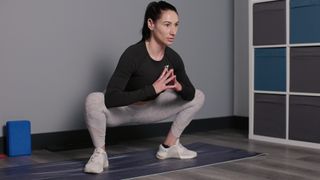
When I perform deep yogi squats (pictured above), my knees often turn in and I typically sit toward the medial sides of my feet. After adding the hip sleeper stretches to my routine, I’m already able to sit more vertically and comfortably in the squat position with more openness.
It helps me release tension
I write for a living, which means long hours spent at a desk, not always with the best ergonomic home set-up. Whether I start my day with the stretches (less often in the colder winter months when cuddling my dog for an extra few minutes gets my vote), or finish on them before bed, the hip sleeper offers a deep hip release after some hours of being static. Delicious.
More from Tom's Guide
- Develop lower body flexibility and build ankle strength with this one bodyweight exercise
- I did 100 butterfly glute bridges every day for two weeks — here’s what happened to my lower body
- These 5 moves promise to release tension in your back and hips — here’s what happened when I tried them
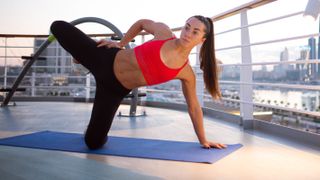

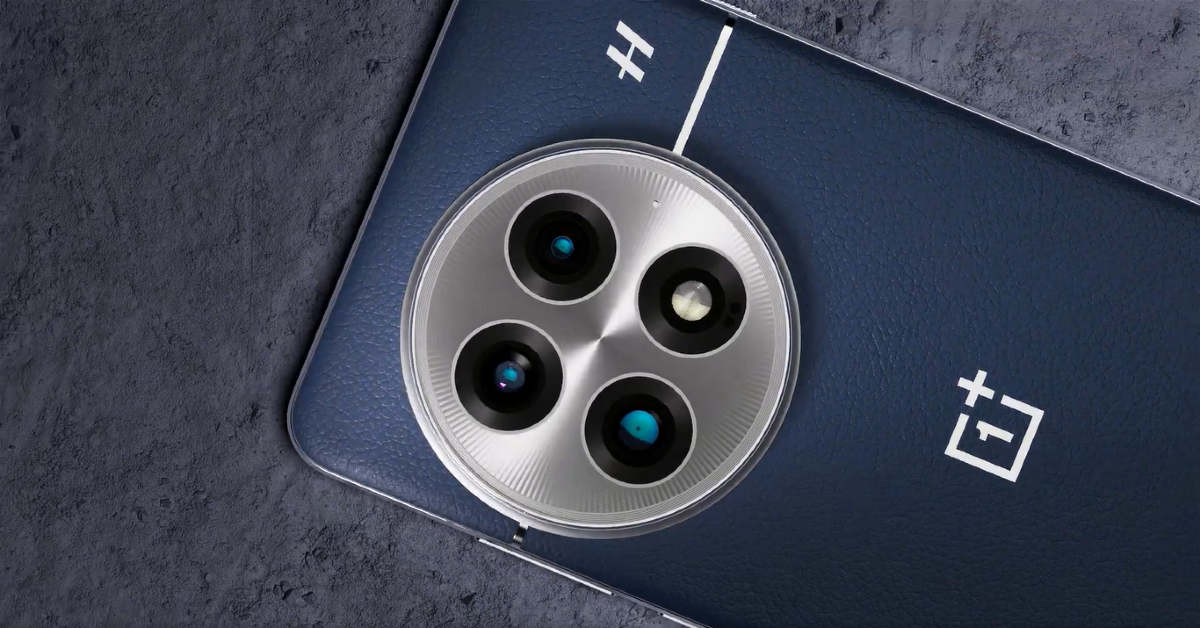

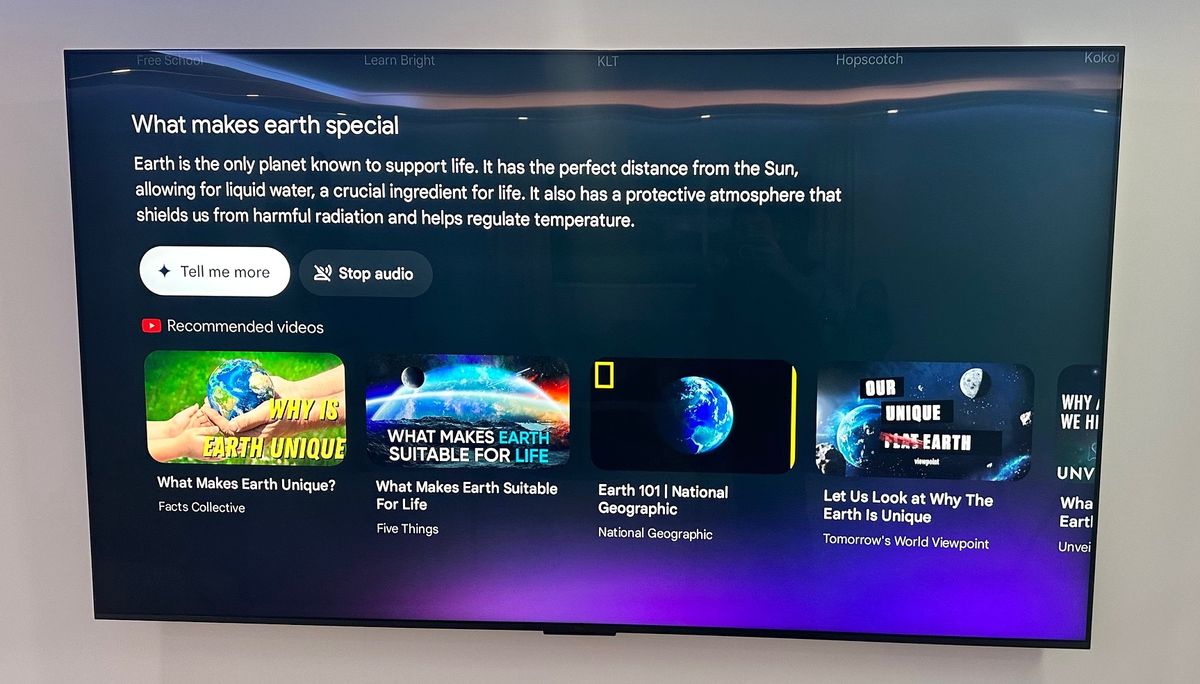


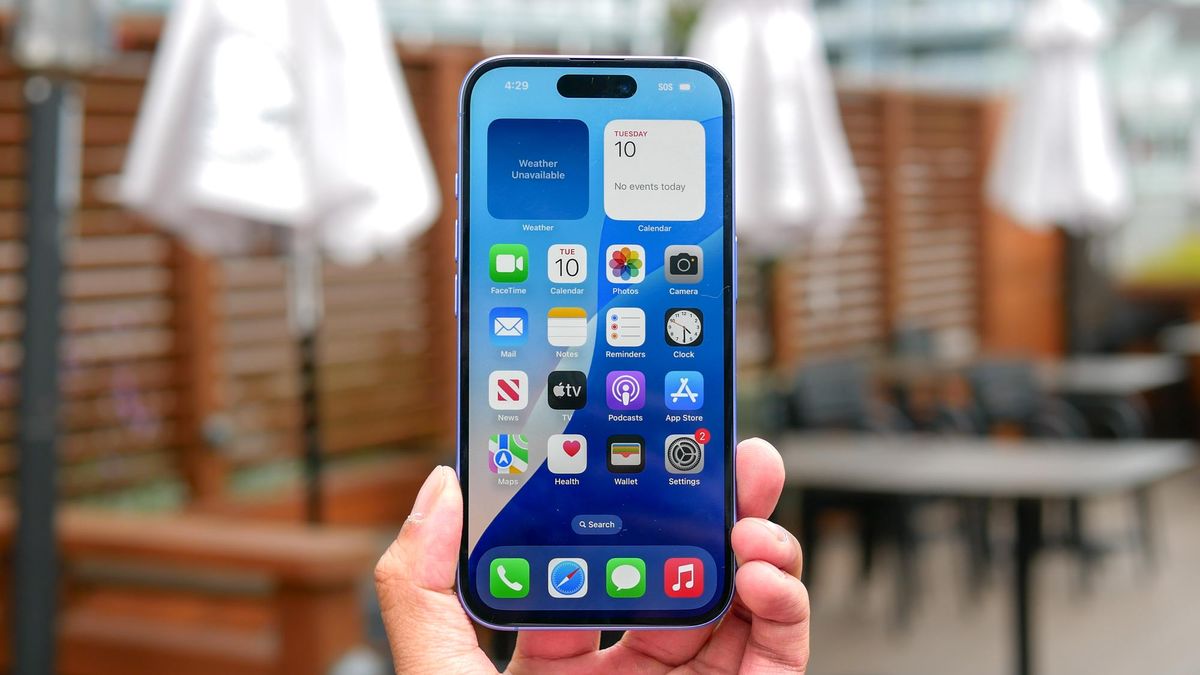




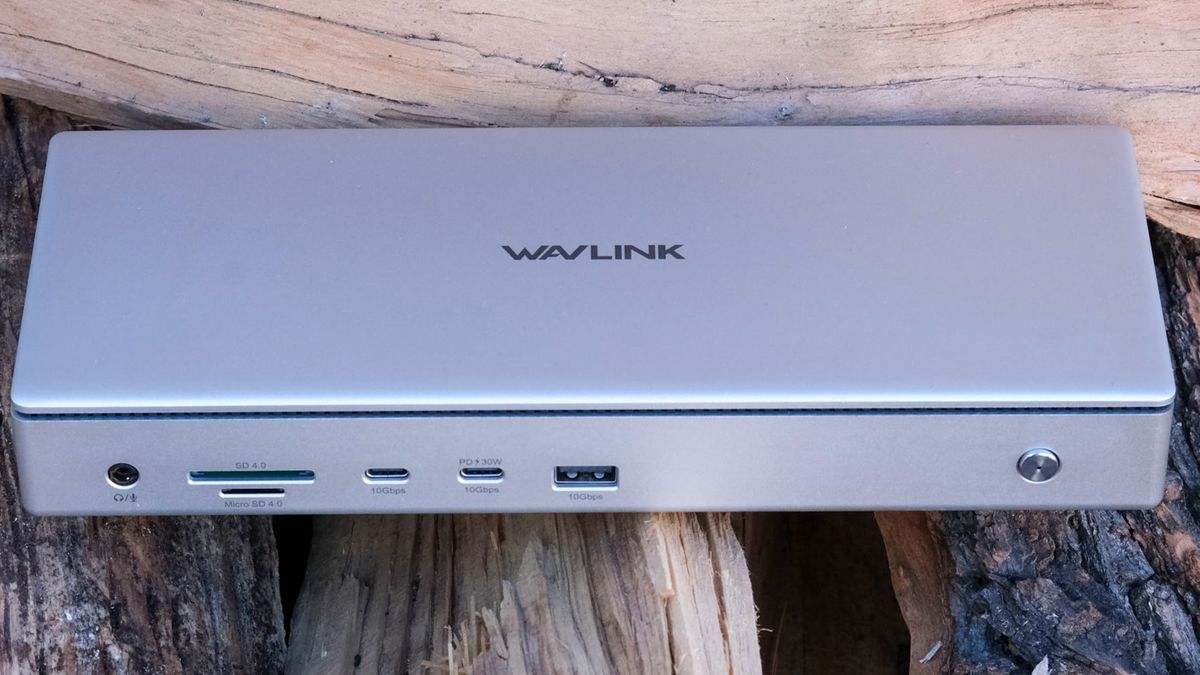




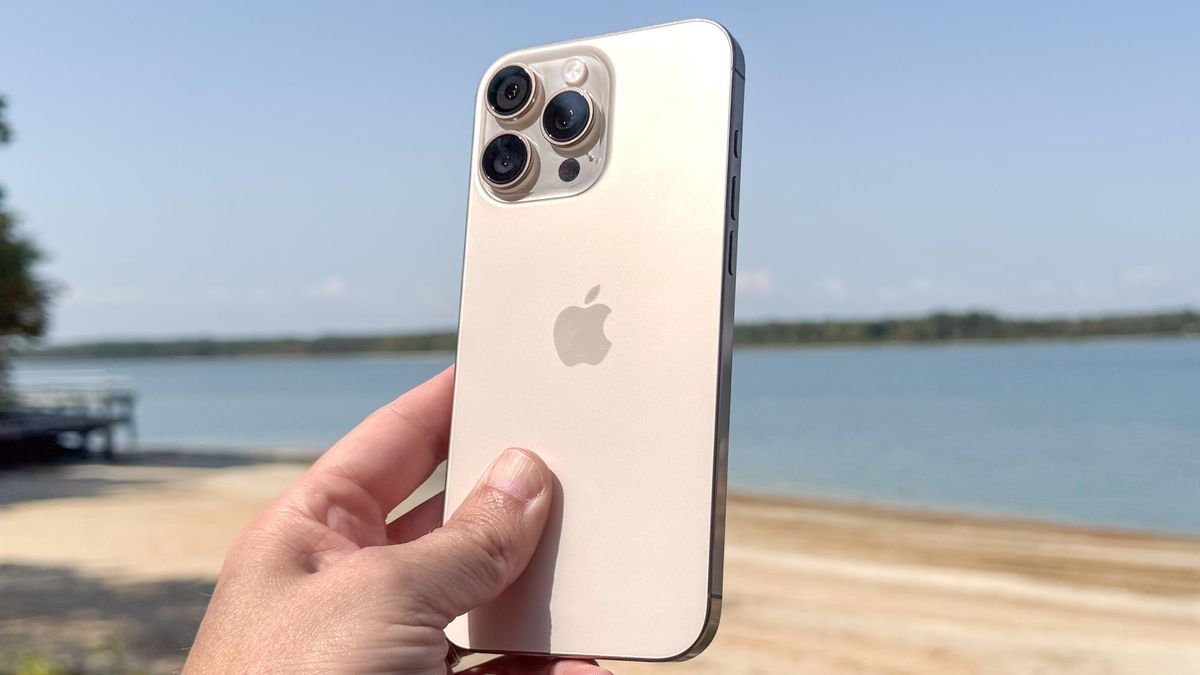


)
 English (US) ·
English (US) ·